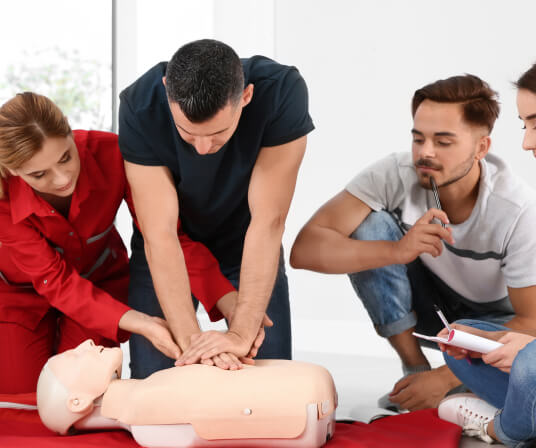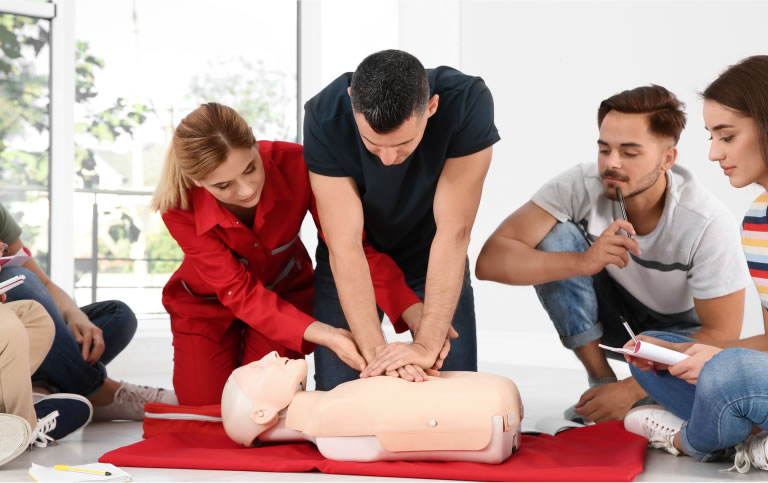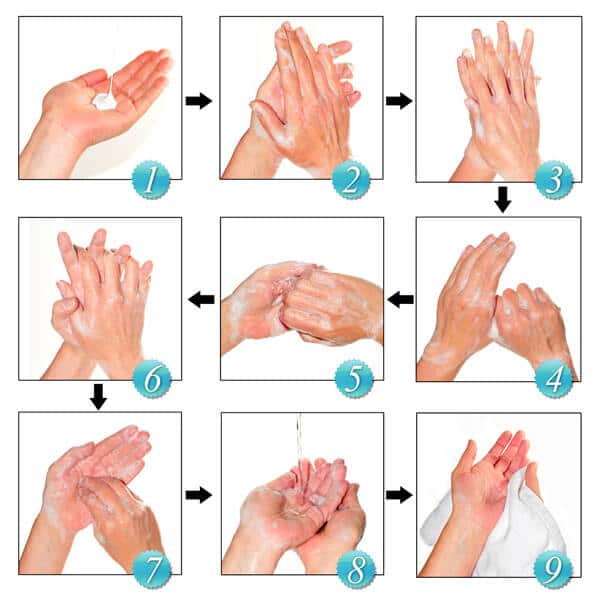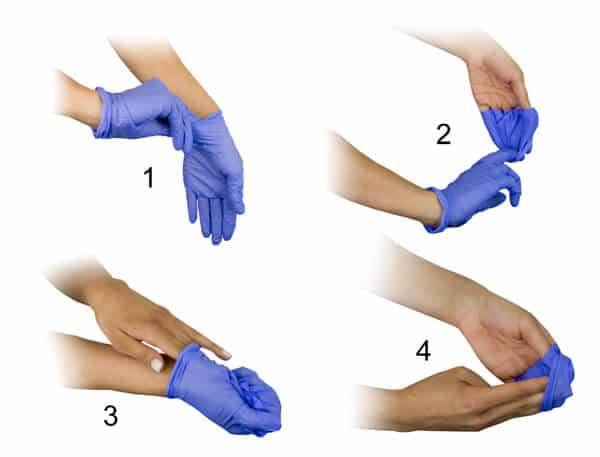CPR, First Aid, BLS, ACLS, PALS certifications.


$49.95 $59.85
| Chapters | CE Credits | Validity | Cost | Duration | ECC | Exam Attempts | Wallet Card |
|---|---|---|---|---|---|---|---|
| 31 | — | 2 Years | $49.95 | 2 Hrs | Compliant | Unlimited | Download/Print/Mail |
If you are exposed to blood or blood-containing materials, you should act quickly and safely to protect yourself from becoming sick.

“If you are stuck by a needle or other sharp or get blood or other potentially infectious materials in your eyes, nose, mouth, or on broken skin, immediately flood the exposed area with water and clean any wound with soap and water or a skin disinfectant if available. Report this immediately to your employer and seek immediate medical attention.” – OSHA
Remember when removing contaminated gloves you will have to do so without touching the outside of the gloves with your bare hands.
